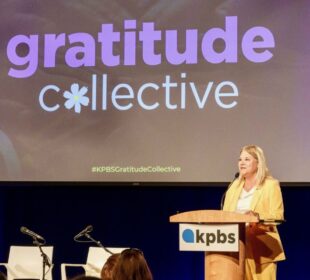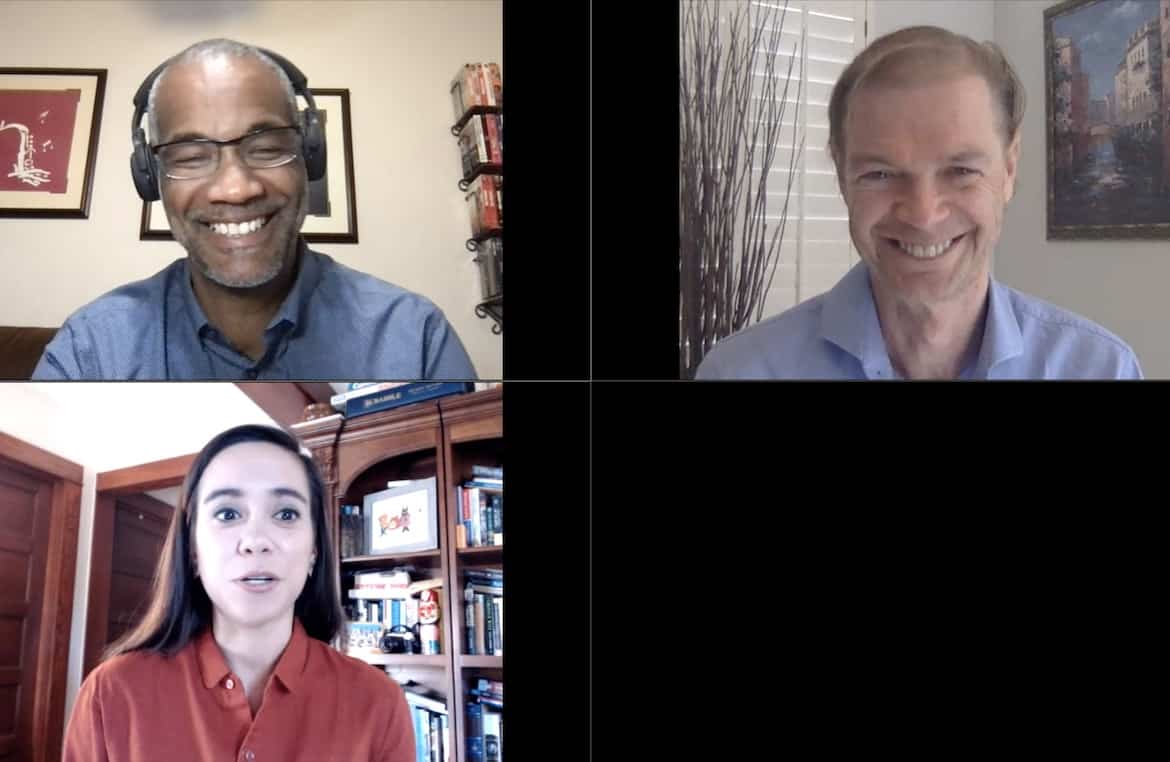Tag: Philanthropy
KPBS Gratitude Collective aims to cultivate relationships with more women donors
The new mid-level giving program highlights how public media aligns with the values that influence women’s charitable giving.WBUR, Greater Public receive Knight grant for digital transformation
The grant puts WBUR over the $9 million goal for Catapult, its initiative to improve digital fundraising and audience experience.Get tips on seeking journalism grants from our Local that Works webinar
Our "Pathways to Philanthropy" webinar included essential elements of a successful pitch and mistakes to avoid.In the wake of the MIT Media Lab scandal, public media has a lot to ...
The former CEO of New York Public Radio argues that though public media organizations practice strong editorial integrity, they could aspire to ...Media central to philanthropic strategies, report says
Between 2009 and 2013, U.S. funders gave more than $5.5 billion in media grants to more than 10,000 organizations, the report said. ...Seeking the next $100 million
A review of public stations’ financial data over the past 15 years shows that, despite their widely divergent revenue trajectories, public radio ...Knight retools grant programs, adds new fund for ‘tinkerers of all kinds’
In another set of changes intended to adjust its journalism philanthropy to the rapidly evolving digital-media marketplace, the John S. and James ...Bay Area news nonprofits consider merging
Two high-profile news nonprofits in the San Francisco area, The Bay Citizen and the Center for Investigative Reporting, will make a final ...Donors demand clearer view of station reality
The bad news: Public radio is a small part of a rapidly expanding nonprofit sector. Competition with other nonprofits for mind-share and ...







